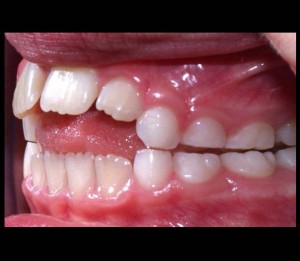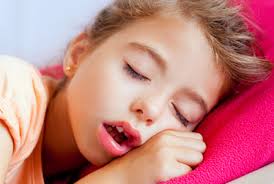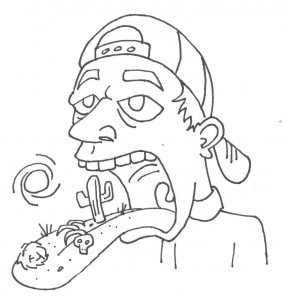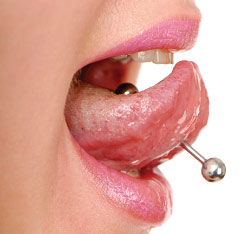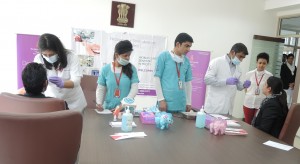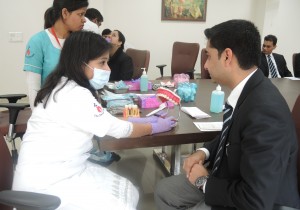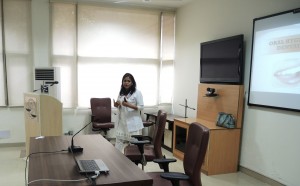Componeers are a completely new class of veneers. Until recently, a smile makeover always consisted of porcelain veneers or crowns that are not always in the budget. Plus, these porcelain restorations, while beautiful, are very hard to repair. Now there is a “medium” option- Componeers.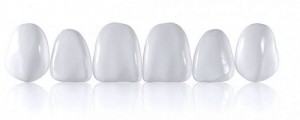 These composite resin veneers are strong, beautiful and much more cost effective than porcelain veneers. Componeers have the beauty of porcelain, the longevity and most importantly, are adjustable, repairable and customizable! So, if you want to “style your smile” but don’t want to break the bank, ask us about the new Componeers system.
These composite resin veneers are strong, beautiful and much more cost effective than porcelain veneers. Componeers have the beauty of porcelain, the longevity and most importantly, are adjustable, repairable and customizable! So, if you want to “style your smile” but don’t want to break the bank, ask us about the new Componeers system.

